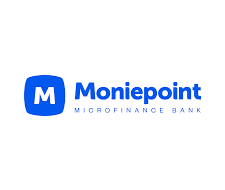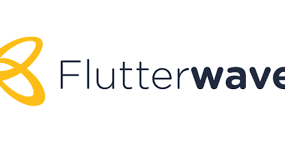Paga, one of Nigeria’s pioneering fintechs, is no longer just an agent banking platform. After 16 years, it has grown into a dynamic financial ecosystem comprising three businesses: Paga, its consumer payments arm; Paga Engine, a digital infrastructure platform for financial integrations; and Doroki, a retail management tool tailored to SMEs.
“We’ve evolved significantly since the pandemic,” said founder and CEO Tayo Oviosu, highlighting the company’s transformation. “People still think of Paga primarily as an agent network, but we’ve grown into a world-class, highly scalable, multi-currency, digital payments and financial services engine.”
This evolution is backed by impressive numbers. In 2024, the Paga ecosystem handled 124 million transactions totalling ₦8.7 trillion ($5.6 billion)—a staggering 40% of its cumulative processing value. The company is now averaging over ₦1 trillion ($653 million) in monthly transaction volumes, driven mainly by Paga Engine, which powers payment flows for over 200 companies including Meta, Cleva, Lemfi, and Omnibiz.
“Because we can hold funds, when money is sent to one of those wallets from any bank, the recipient gets it in under three seconds. No T+1, no T+2 settlement delays,” Oviosu explained.
The Strategy Behind the Ecosystem
The decision to build out an integrated ecosystem stemmed from internal successes and conversations with other fintech founders. “Three years ago, we decided that to make it simple for a billion people to access and use money, we would have to open up all our infrastructure to other third parties and enable them to build on that infrastructure,” Oviosu said.
This infrastructure-first approach allows Paga to retain greater control over its transactions, reduce costs, and improve margins—especially when payments stay entirely within its network. For instance, when a customer pays with their Paga wallet at a Doroki-powered business, the transaction bypasses external networks, speeding up the process and slashing fees.
It’s a challenging path, requiring investment in technology, staffing, and licenses. But it also provides a regulatory shield. When Nigerian regulators temporarily halted onboarding for Paga and four other fintechs in April 2024, the company’s diversified ecosystem helped absorb the shock. Doroki, as a standalone platform, reduced Paga’s dependency on one business model.
Focused Growth and Future Plans
Rather than chase Nigeria’s mass-market dominated by OPay and PalmPay, Paga is positioning itself to serve more affluent users. Its consumer segment, similar to Cash App, is growing 200% year-on-year in both users and revenue.
Paga has also tightened security by integrating facial verification and using national ID tools like NIN and BVN, drastically cutting down fraud. “Convincing people to pay from their phones took years,” Oviosu reflected. “Resilience and belief in your mission are vital because the stress of operating here is significant.”
The fintech isn’t slowing down. It plans to expand into a new market in Q2 2025 and is currently raising capital to fund this growth. After hitting net profitability in 2024, the team is prioritising strategic, sustainable scaling. “We’re cautious about growth at all costs; we prefer disciplined growth,” Oviosu said.







One reply on “Paga Unveils Expansive Fintech Ecosystem After 16 Years”
[…] African fintech company Stitch has raised $55 million in a Series B funding round. This new investment brings the […]